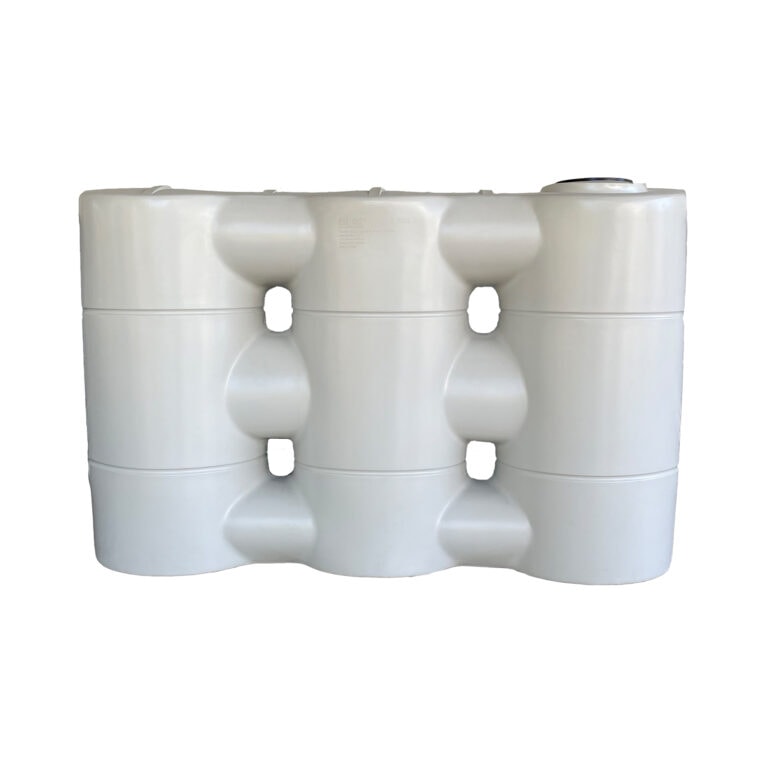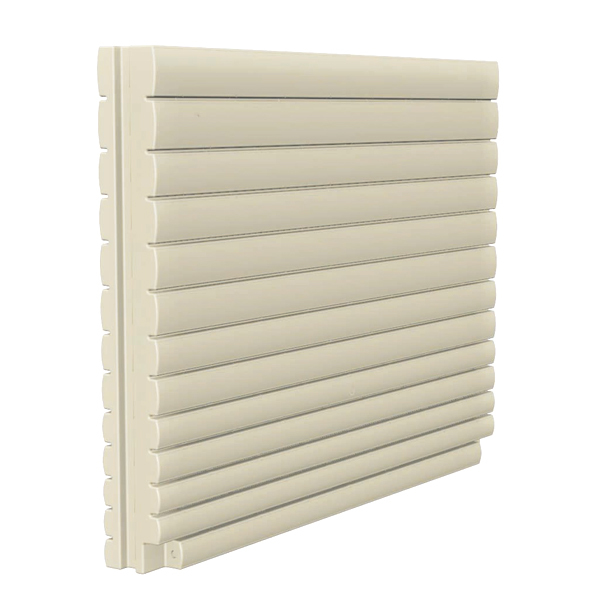Trusted Slimline Water Tanks: Maximize Your Water Storage Space Capacity
Wiki Article
Discovering the Numerous Uses of Rainwater Containers for Residential and Commercial Characteristics
As the international focus on lasting living practices remains to increase, the usage of rain storage tanks in both property and commercial setups has actually become a pertinent service. These containers offer a tank for rain harvesting, offering a myriad of possible applications that prolong much beyond mere storage. From irrigation to toilet flushing and landscaping, the adaptability of rainwater tanks is huge. Moreover, their integration right into commercial properties opens a realm of possibilities for environmentally mindful organizations. The complex uses rainwater containers present an engaging case for their adoption, not just as a functional water-saving measure yet also as a testimony to responsible resource administration.Advantages of Using Rainwater Storage Tanks
Using rain storage tanks uses many advantages for both households and neighborhoods in regards to water preservation and sustainability. One of the vital advantages of utilizing rain storage tanks is the considerable decrease in dependence on keys water system - Slimline water tanks. By capturing and saving rain for later use, people and areas can lower their need for treated water, ultimately easing the problem on water treatment facilities and decreasing power consumption connected with water transportation and treatment
In addition, rainwater gathering through containers supplies a reputable different water source throughout times of water restrictions or scarcities. This saved rain can be used for different non-potable functions such as watering, purging toilets, and washing garments, reducing the strain on standard water sources. Furthermore, using rain containers can bring about set you back savings for both households and communities by lowering water expenses and lowering the need for expensive infrastructure developments to fulfill expanding water needs.
Basically, the application of rain tanks supplies a sustainable and ecologically friendly technique to water monitoring, profiting both specific users and the wider community in terms of water preservation, cost-efficiency, and strength.
Rainwater Storage Tank Use in Irrigation
Offered the advantages of rainwater storage tanks in conserving water sources and reducing dependence on mains water system, a considerable application lies in using stored rainwater for watering objectives - Slimline water tanks. Rain collecting systems can efficiently collect and save rainwater, supplying a sustainable water source for sprinkling gardens, lawns, and farming areas. By making use of rain for irrigation, homeowner can minimize their reliance on treated water sources, resulting in cost savings and environmental benefits
One of the key advantages of making use of rain for watering is its pureness. Rainwater is normally soft and additional hints devoid of the chemicals and additives frequently located in keys water, making it suitable for nourishing plants without the threat of hazardous results. In addition, rain goes to ambient temperature level, which can profit plant growth by staying clear of temperature level shocks that can take place with cold mains water.
Rain Containers for Bathroom Flushing

Carrying out rainwater storage tanks for bathroom flushing is an affordable and eco-friendly method that can be conveniently integrated right into both household and industrial residential properties. The stored rainwater can be used to flush bathrooms by linking the container to the existing pipes system. This straightforward yet efficient option can considerably reduce water intake in a structure, specifically in areas where water shortage is a worry.
visit the site

Including Rainwater Tanks in Landscaping
An efficient method for boosting sustainability in landscape design includes incorporating rain tanks to maximize water usage and promote environmentally friendly methods - Slimline water tanks. Integrating rainwater storage tanks in landscape design offers various benefits for both household and commercial residential or commercial properties. These tanks can record and save rain runoff from roof coverings, which can after that be made use of for sprinkling gardens, lawns, and plants. By utilizing rain for irrigation purposes, homeowner can reduce their dependence on community water resources, leading to set you back savings and preservation of precious water sources.Along with providing a sustainable water source for landscaping requirements, rain storage tanks can also aid in managing stormwater overflow. By catching rainwater that would otherwise stream right into storm drains, these containers can alleviate erosion, minimize flooding dangers, and avoid contamination of all-natural water bodies. Including rainwater tanks in landscaping can contribute to the general visual appeal of the home, showcasing a commitment to ecological stewardship.
Commercial Applications of Rain Storage Tanks
this post Utilizing rain tanks in commercial setups supplies a sustainable remedy for water management and preservation, benefiting businesses and the atmosphere alike. One crucial business usage is for watering functions, where collected rain can be used to water landscape design, yards, and agricultural fields bordering commercial homes.In addition, rainwater collected in tanks can be treated and utilized for non-potable objectives within commercial properties, such as flushing toilets, cleaning, and cooling systems. Overall, the consolidation of rainwater containers in business setups presents a useful and eco liable technique to water monitoring.
Final Thought
To conclude, rain tanks use various benefits for both domestic and commercial residential properties. From irrigation to toilet flushing and landscape design, using rain tanks can assist preserve water sources and lower water bills. Furthermore, incorporating rainwater containers in business setups can result in substantial cost savings and environmental advantages. On the whole, the versatility and sustainability of rain tanks make them a beneficial investment for any homeowner looking to enhance water efficiency.Report this wiki page